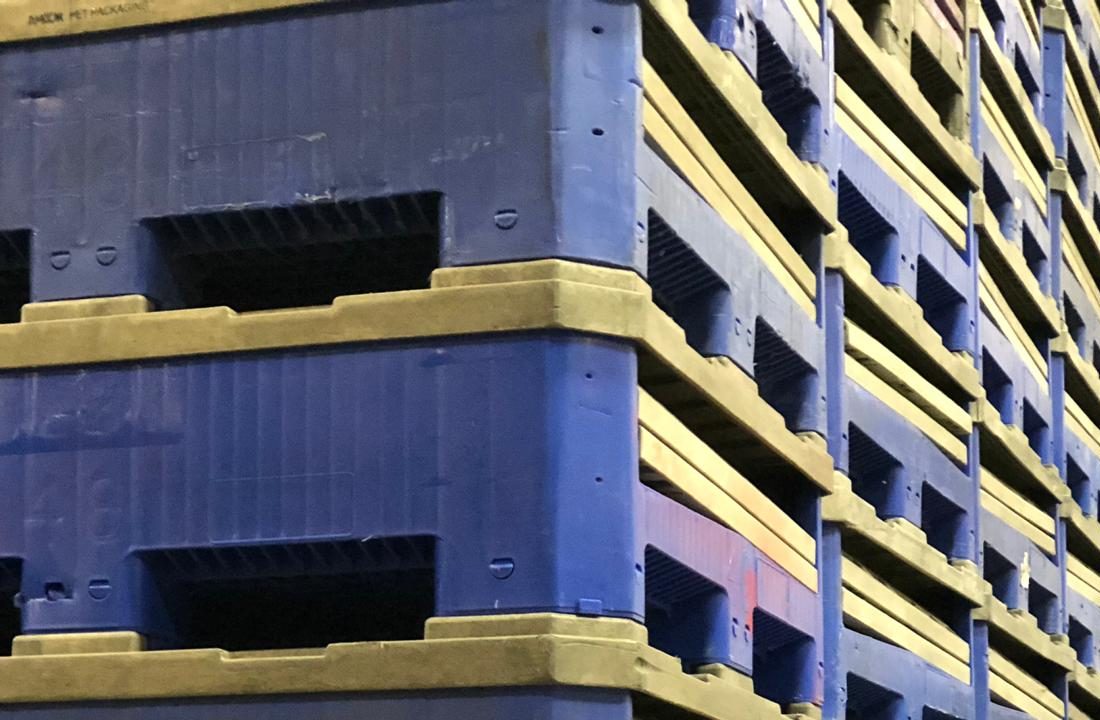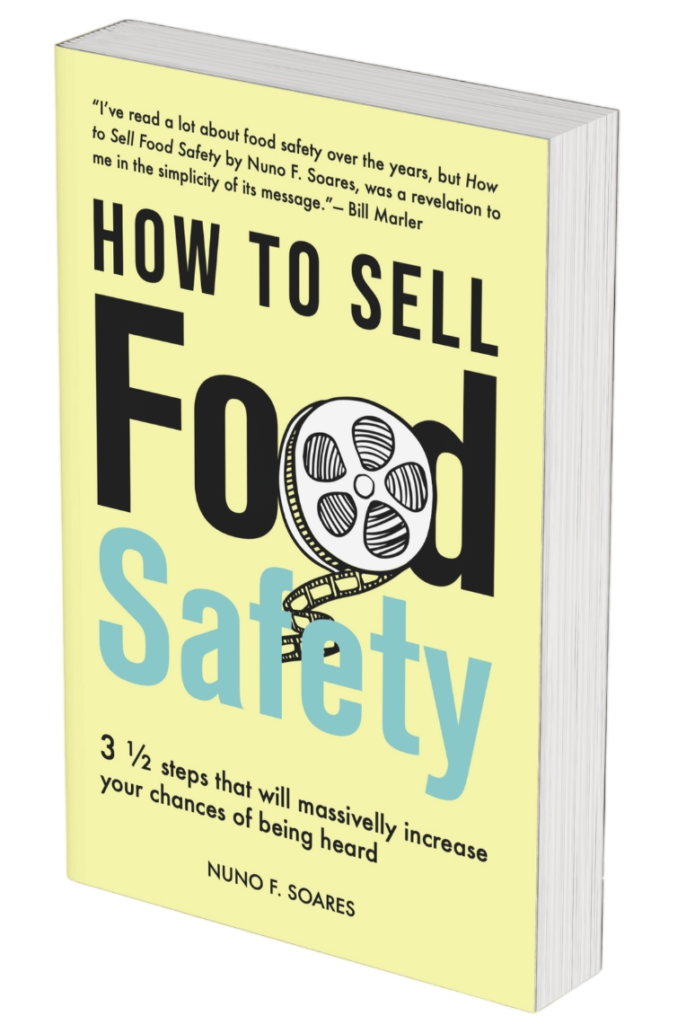
Food safety schemes such as FSSC 22000 have become an absolute necessity for food business operators. Many of them have taken up voluntary food safety certification not only to protect their consumers but also to comply with regulations, standards and customer requirements.
The recent history of the FSSC 22000 scheme and its main landmarks are depicted chronologically in the figure below. The Foundation for Food Safety Certification (FFSC) developed and has the legal ownership of the scheme. Founded in 2004 by a group of Dutch certification organizations, the FSSC is a nonprofit organization whose goal is to maintain and act as a legal basis for the Dutch HACCP, governed by strict bylaws to ensure its independency.
Adapted from Food Safety in the Seafood Industry: A Practical Guide for ISO 22000 and FSSC 22000 Implementation
The scheme has also expanded the scopes of application reaching a wide variety of organizations from farming, to processing or even transport and storage, for example.
With FSSC 22000 Version 4 released in January 2017, all certified organizations will be required to comply with the new changes. This major update brought about changes that could both benefit and impact the food industry.
Unannounced surveillance audits
This new requisite broadly covered in Part 4: Requirements for certification bodies, requires one of the two surveillance audits to be unannounced and if the certified organization desires, they can even voluntarily request both audits to be unannounced.
With this new requisite certified organization have to become comfortable with the idea that audits can take place any time during the certification period. This will, in practice, support significantly the driving force behind food safety management systems, empowering the Food Safety Team to ensure that each and every department does correctly their part on a daily basis. In addition, the auditor will experience first-hand normal production with its perks and pickles.
All certified organizations will face a readiness challenge during the entire certification period. There will be no excuses for absenteeism by key personnel during unannounced audits. A deputy in all key positions (e.g. food safety team leader) must be appointed to ensure that the food safety management system is adequately manned in the absence of anyone.
This change in requirements will surly add financial costs to the scheme implementation and maintenance. Management will have to dig deep into their coffers to avail money and time for training more employees to be competent in their functions as deputies. The critical question will be: will 11 months be sufficient for this crucial activity?
Introducing Critical non-conformances
In version 3, non-conformances raised by the Certification Body (CB) were categorized as either,
- Non-conformances
- Minor non-conformances
- Most certification bodies would add another category called Opportunities for improvement or Areas of concern.
However, version 4 has tightened the leash by introducing critical non-conformances and removed the sympathetic “Opportunities for improvement or Areas of concern”. Critical non-conformances will get non-conforming organizations certificate suspended for a maximum of 6 months. If non-conformances are not effectively closed after suspension, the certificate will be withdrawn. The benefit of this requisite will be an increased protection for consumers. Certified organizations will be forced to avoid all together or deal with critical non-conformances promptly to avoid this red light category. One way of avoiding non-conformances would be to strengthen internal audits to pick up any critical non-conformances.
The financial consequences of not adequately identify and address non-conformances can be meaningfully. The suspension and withdrawal of the certification can result in losing sales and clients or even lead to job losses and business closure. Top management will undoubtedly take matters seriously as a result, enhancing management commitment to food safety.
Prevention of intentional product contamination
The food defense context under FSSC 22000 certification scheme was not covered in much detail when comparing with other GFSI recognized schemes. This left many certified organizations to either not adequately document this requirement or describe the requirements based on other GFSI recognized schemes.
With the requirements now clearly defined in FSSC 22000 version 4, all certified organizations will be able to adequately describe their food defense plans in detail and in line with the new requirements.
Similarly, food fraud prevention was also added and will imply that certified organizations describe their food fraud vulnerability assessments and mitigation plans. Suppliers will be scrutinized to address food fraud forcing them to follow the requirements or face deletion from approved supplier’s lists. Great detective work will be required which will directly benefit food businesses (and food safety) by letting them know what they are really buying.
FSSC 22000 has been proven to be one of the best food safety management system certification scheme available. The improvement in the requirements to align them with GFSI scheme is a great step in assuring that the world is supplied with safe food.







